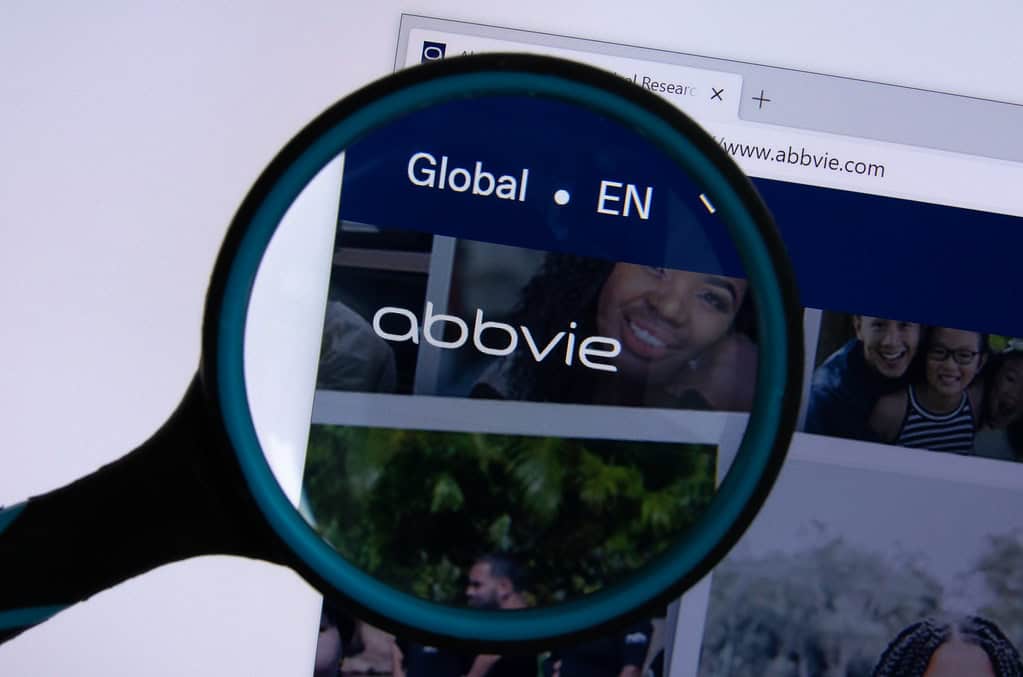Amicus Briefs
In re Bystolic Antitrust Litigation
CASE SUMMARY
Forest Labs and affiliated companies that invented and developed the blood-pressure medication Bystolic were awarded patents granting them the exclusive right to market it. In 2011, seven generic-drug manufacturers filed applications with FDA, seeking authority to market generic forms of Bystolic. All seven claimed the patents were invalid and that their generic formulations would not infringe the patents. Those claims essentially forced Forest to file patent-infringement suits against these generic manufacturers. Over the next 20 months, Forest entered into separate settlement agreements with each of the seven generic manufacturers. The plaintiffs in the Bystolic antitrust litigation—a putative class of direct purchasers of Bystolic, as well as several individual retail purchasers—allege that this arrangement violated federal antitrust law by conspiring to restrain trade.
In connection with its settlement of patent-infringement litigation, Forest Labs (the patent holder) paid a substantial amount of cash to the seven generic drug manufacturers (the alleged patent infringers). In subsequent litigation before a federal district court, the antitrust plaintiffs asserted that Forest’s large payments proved Forest had paid the other companies in return for their agreement not to compete with the marketing of its patented blood-pressure medication (Bystolic) and thus had violated the antitrust laws. The judge agreed with NCLA’s district court amicus brief that an antitrust plaintiff seeking to show that a patent owner has made a prohibited “large” payment to potential competitors must show a large net payment (the cash paid minus the value of services provided), not merely a large gross payment.
NCLA argued that Congress has long mandated that courts should strive to maintain a balance between the sometimes-competing claims of patent law and antitrust law, and that antitrust law should not be used to shortchange the rights of patent holders.
In May 2024, the U.S. Court of Appeals for the Second Circuit affirmed the dismissal of the lawsuit against Forest Labs, a victory for NCLA.
OUR TEAM
RELEVANT MATERIALS
NCLA FILINGS
Opinion of the U.S. Court of Appeals for the Second Circuit
May 13, 2024 | Read More
Brief Amicus Curiae of the New Civil Liberties Alliance and the International Center for Law & Economics in Support of Appellees, Urging Affirmance
July 24, 2023 | Read More
Opinion and Order
February 21, 2023 | Read More
Brief Amici Curiae of the New Civil Liberties Alliance and the International Center for Law & Economics in Support of Defendants’ Motion to Dismiss the Direct Purchasers and Retail Plaintiffs’ Third Amended Complaint
April 26, 2022 | Read More
PRESS RELEASES
In NCLA Amicus Win, and FTC Amicus Loss, Second Circuit Upholds Decision Dismissing Antitrust Suit
May 13, 2024 | Read More
NCLA Amicus Brief Asks Second Circuit Appeals Court to Uphold Decision Limiting Antitrust Liability
July 25, 2023 | Read More
SDNY Federal Judge Relies on NCLA’s Amicus Curiae Brief in Key Ruling Limiting Antitrust Liability
March 24, 2023 | Read More

